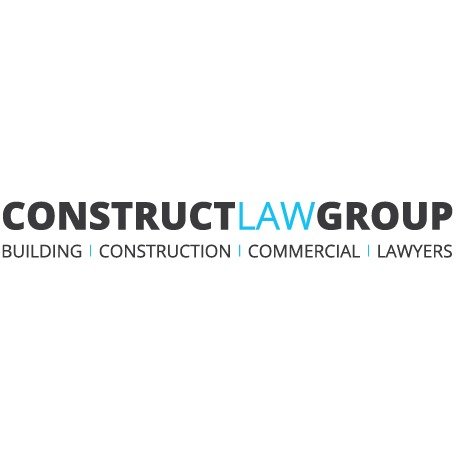Best Foreclosure Lawyers in Mitchelton
Share your needs with us, get contacted by law firms.
Free. Takes 2 min.
Free Guide to Hiring a Real Estate Lawyer
List of the best lawyers in Mitchelton, Australia
About Foreclosure Law in Mitchelton, Australia
Foreclosure is a legal process that takes place when a homeowner fails to pay their mortgage and the lender seeks to recover the balance of a loan by forcing the sale of the mortgaged property. In Mitchelton, Australia, the foreclosure process is governed by Queensland’s real property and conveyancing laws. These laws dictate the exact process lenders must follow to foreclose on a property, which includes issuing a notice of default to the homeowner before they can begin court proceedings to repossess and sell the property.
Why You May Need a Lawyer
Navigating foreclosure law can be a complicated and stressful process. Legal assistance from a knowledgeable professional can be invaluable in such cases. Individuals might require a lawyer to understand and exercise their rights during foreclosure proceedings, negotiate with lenders, help in loan modification applications, or in pursuing other options such as short sales or deeds in lieu of foreclosure.
Local Laws Overview
In Mitchelton, if a homeowner falls behind on their mortgage payments, lenders must issue a Notice of Default, providing the homeowner with one month to rectify the situation. If the amount is not paid within this period, the lender can apply to the court to repossess the property. However, the property is not immediately taken over by the lender. The borrower can halt the foreclosure process by paying the outstanding amount until the final judgement is made by Supreme Court. It's essential to understand how these rules apply to your situation, making a local attorney's assistance crucial.
Frequently Asked Questions
1. What is the process of foreclosure in Mitchelton, Australia?
The process begins with a Notice of Default issued by the lender when the homeowner is behind on their mortgage payments. If the default is not rectified, the lender applies to the court for repossession and, if approved, the property can be sold to recoup the loan amount.
2. Can foreclosure be halted?
Yes, the foreclosure process can be halted anytime before the court judgement by repaying the overdue amount.
3. What happens to the property after foreclosure?
Once the court approves the repossession, the lender can sell the property to recover the loan amount. If the selling price exceeds the debt, the excess amount should be returned to the borrower.
4. How does foreclosure affect my credit?
Foreclosure significantly impacts your credit score and can remain on your credit report for seven years. It can make obtaining credit in the future more difficult.
5. Can I get my property back after it has been sold in foreclosure?
Once the property is sold in foreclosure, you generally cannot reclaim it. However, you may seek legal help to explore any potential options available to you.
Additional Resources
You can turn to local governmental bodies such as the Queensland Government's Department of Justice and Attorney-General for more information on foreclosure law. Non-profit organizations, like Queensland Law Society, provide a wealth of resources and can help you get in touch with local lawyers specializing in foreclosure.
Next Steps
If you find yourself needing legal assistance, your first step should be to consult with a local attorney who specializes in foreclosure. They can provide legal advice tailored to your unique situation, help you understand your rights, and guide you through the foreclosure process. Keep all records of communication with your lender and maintain a log of your mortgage payments as these can be crucial in your interactions with both your lender and the court.
Lawzana helps you find the best lawyers and law firms in Mitchelton through a curated and pre-screened list of qualified legal professionals. Our platform offers rankings and detailed profiles of attorneys and law firms, allowing you to compare based on practice areas, including Foreclosure, experience, and client feedback.
Each profile includes a description of the firm's areas of practice, client reviews, team members and partners, year of establishment, spoken languages, office locations, contact information, social media presence, and any published articles or resources. Most firms on our platform speak English and are experienced in both local and international legal matters.
Get a quote from top-rated law firms in Mitchelton, Australia — quickly, securely, and without unnecessary hassle.
Disclaimer:
The information provided on this page is for general informational purposes only and does not constitute legal advice. While we strive to ensure the accuracy and relevance of the content, legal information may change over time, and interpretations of the law can vary. You should always consult with a qualified legal professional for advice specific to your situation.
We disclaim all liability for actions taken or not taken based on the content of this page. If you believe any information is incorrect or outdated, please contact us, and we will review and update it where appropriate.








